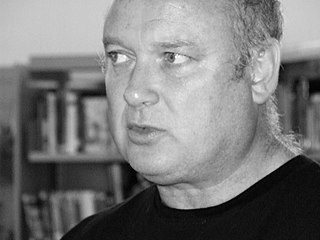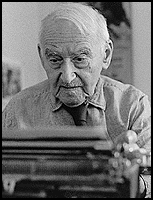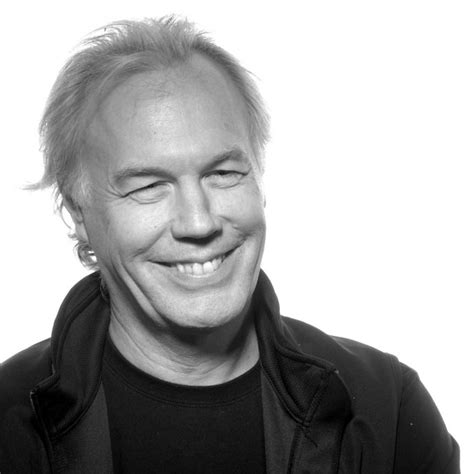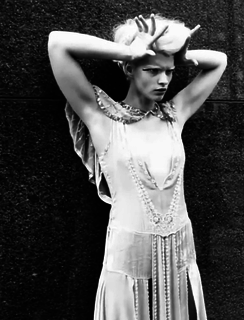A Quote by Louis de Bernieres
Fascism is fundamentally and at bottom an aesthetic conception, and . . . it is your function as creators of beautiful things to portray with the greatest efficacy the sublime beauty and inevitable reality of the Fascist ideal.
Related Quotes
The Fascist conception of the State is all-embracing; outside of it no human or spiritual values can exist, much less have value. Thus understood, Fascism is totalitarian, and the Fascist State -- a synthesis and a unit inclusive of all values -- interprets, develops, and potentiates the whole life of a people.
To know what Fascism really is we must first of all know what it is we are fighting, what the Fascist regimes really are and do, who puts up the money and backs Fascism in every country, and who owns the nations under such regimes, and why the natives of all Fascist countries must be driven into harder work, less money, reduced standards of living, poverty and desperation so that the men and corporations who found, subsidize and own Fascism can grow unbelievably rich.
And the greatest praise to India is this: not only are her people beautiful; not only are her daily life and cult beautiful; but, in the midst of the utilitarian, humanitarian, dogmatic world of the present day, she keeps on proclaiming the outstanding value of Beauty for the sake of Beauty, through her very conception of Godhead, of religion and of life.
There was a sort of irony in the fact that these [superhero] characters - many of whom in that period, the Golden Age, had been evolved to fight the Nazis - were themselves very much in the Nazi ideal. The idea that you can solve problems through physical strength, by being stronger and more dominant and more powerful - that is fascism. I mean, that's it, that's the essence of fascism. I don't think the creators of the superheroes or the kids who were reading them at the time were the slightest bit aware of it.
A man-made thing that produces pleasure (and criticism) by somehow taping into the order of the universe is beautiful. Making beautiful things makes our lives worthwhile. My teacher, and one of the founders of the Pratt industrial design program, Rowena Reed Kostellow, said, "Pure, unadulterated beauty should be the goal of civilization." From a pragmatic point of view, for something to be beautiful, it has to work. In order to make this idea clearer I have combined the ideas of beauty and function into one word: Beautility.
It's so hard to give beauty a meaning. I actually find quite a lot of beauty in really painful things. Really grotesque things. Things that are disturbing. I think as you go and as you see things in the world, your idea of beauty expands and I think I'm lucky because I've been exposed to so many different types of beauty and I've realized that any feeling you cherish is beautiful.
I love Starship Troopers. That's really smart. I think he really could portray fascism in a comedic way. It's funny because both José [Padilha] and [Paul] Verhoeven were accused of being fascists for their movies because they had fascist leads. So, it's not going to have his tone, but there's going to be political satire in it.




































